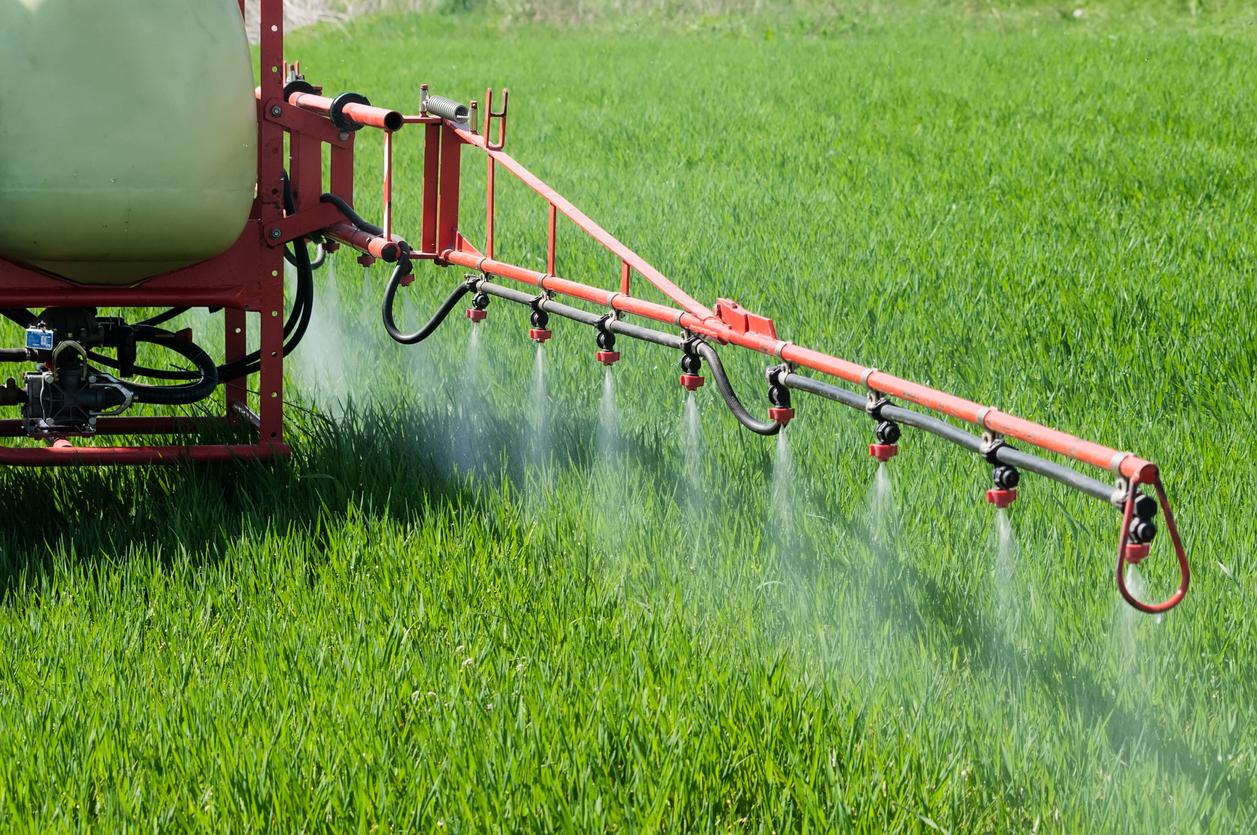“Human exposure to chemical pollutants represents a high cost to health,” according to the Foundation of the Academy of Medicine.

- The Foundation of the Academy of Medicine publishes a new white paper on the relationship between chemical pollution and public health.
- “Human exposure to chemical pollutants represents a high cost to health and society,” the document states.
- “Beyond the harmful effects on health (cancers, infertility, cognitive disorders, diabetes, obesity, respiratory problems, etc.), the economic impacts of chemical pollutants are significant” specifies the report.
The Foundation of the Academy of Medicine publishes a new white paper on the relationships between chemical pollution and public health. This work was presented to parliamentarians of the National Assembly on January 31.
“At a time of overload of information relayed by social networks whose accuracy is not guaranteed, the Foundation of the Academy of Medicine offers a gateway to certified and accessible knowledge,” its members explain in a press release. “It puts at the service of society its unique capacity to bring together the best experts from the scientific, political, economic, media and associative spheres”, they add.
Health: “The chemical diversity of pollutants is considerable”
The white paper is the result of four debates coordinated under the direction of Professor Yves Levi, vice-president of the Foundation of the Academy of Medicine. Thirty-six experts and decision-makers (researchers, local elected officials, parliamentarians) were involved in this process.
“The white paper and its glossary aim to raise awareness among decision-makers and citizens about the necessary prevention of risks linked to chemical pollution and to develop research in this major area. They are intended for a wide audience of initiates and non-initiates (elected officials, industrialists, students, health professionals, users, journalists, etc.)”indicates the Foundation.
“The chemical diversity of pollutants is considerable and all environments are affected”, she notes in her report.
Around 40,000 to 60,000 polluting chemicals are marketed worldwide. Some of these substances dispersed in nature contaminate air, water, soil, foods of plant or animal origin as well as everyday objects (plastic materials, glues, paints, heat engines, etc.).
Cancers, infertility, cognitive disorders… Chemical pollutants impact health
Moreover, “human exposure to chemical pollutants represents a high cost to health and society”, specify the experts.
The European office of the World Health Organization (WHO) estimates, for example, that in 2019, in Europe, 569,000 deaths were attributable to outdoor air pollution and 154,000 to indoor air pollution. 269,000 deaths are also associated with certain environmental chemicals.
“Beyond the harmful effects on health (cancers, infertility, cognitive disorders, diabetes, obesity, respiratory problems, etc.), the economic impacts of chemical pollutants are significant. Within the European Union, for example, the cost annual cost of health from exposure to endocrine disruptors is estimated at 157 billion euros”, they continue.
Another important point according to the Foundation: knowing and measuring the exposome. “Measuring the exposome of an individual or a population makes it possible to characterize multiple exposures to chemical, biological and physical hazards over the course of life and aims to measure the links with the main associated diseases”, explain the authors of the white paper.
“Faced with the difficulties posed by the presence of chemical contaminants in the environment and the risk for biodiversity and health, changes are essential at the international, national, but also local level,” concludes the document.
In France in 2020, chemical risks are those which record the lowest rates of confidence and the highest rates of distrust of the population, particularly towards pesticides (61%), soil pollution (54%) and waste ( 52%).
















